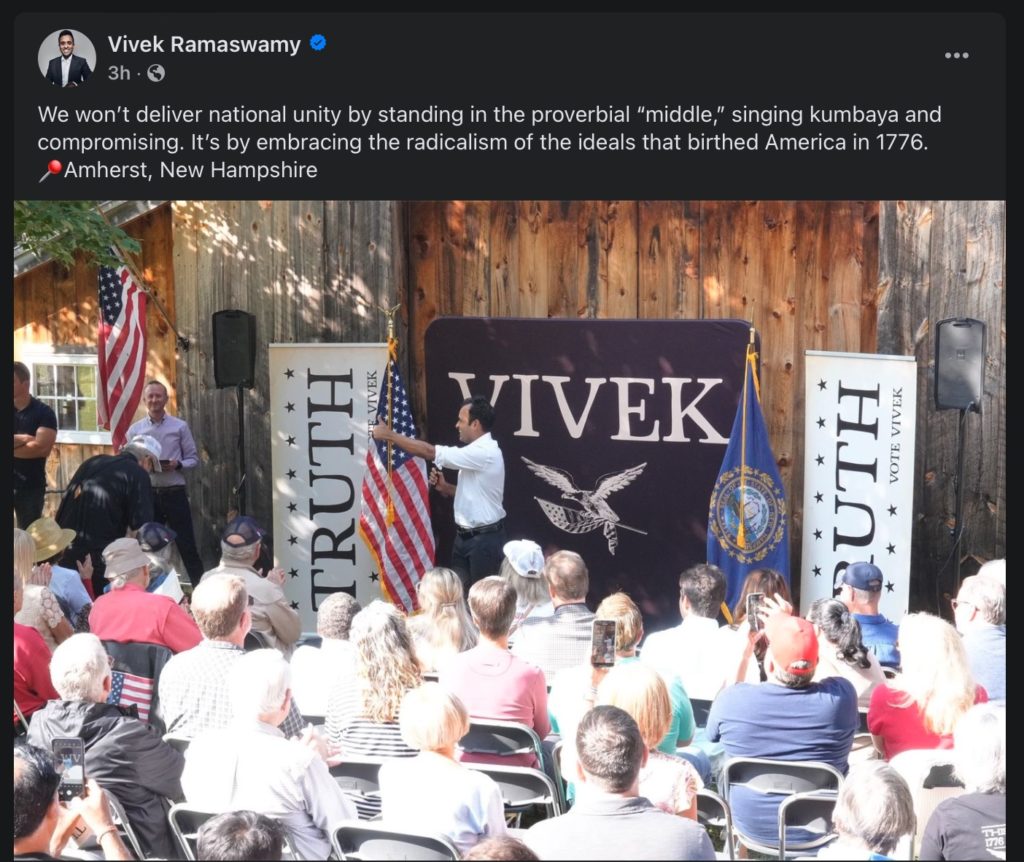Summary
Unity is important for effective business outcomes and broader social wellbeing. Cooperation is the process of identifying the skills, insights, and interests of diverse people and groups, then leveraging those assets for greater outcomes.
Cooperation is not Compromise
There’s an incorrect belief that cooperation involves compromise. The most effective collaborative efforts happen when people are uncompromising on their passions and priorities.
Let’s say one group of people are enthusiastic about playing video games, and another group of people belief it is important to promote an active lifestyle.
A compromise would be to create a bicycle powered video game that could promote exercise and gaming. Problem solved.
However, those who like gaming might complain that the movement of cycling while playing a game is distracting and if game play goes more than an hour, it would be tiring to ride on a stationary bike for a long time. Sweat dripping from your forehead getting into the eyes would make it difficult to enjoy the game playing.
Someone who likes cycling would explain that they don’t like riding0 a stationary bike indoors. They would prefer riding outdoors on trails through areas with nature and fresh air.
So, in this example, the compromise results in a less satisfactory solution for everyone.
However, if we have the video game developers focus on building the best video game possible, and have the fitness enthusiasts build the best exercise equipment possible, we can end up with the best solutions for each group. People can then play the best video games available and then go to the gym.
Maybe the gym can have a game playing room. Create an arcade that also has exercise equipment. Fitness and game playing on a single discounted membership. That’s just one example of many.
There are quite often creative solutions that result in optimal outcomes for all people involved. This is what creates unity among people.
Sectarian Radicalism
A popular movement in recent years has been the rise of sectarian radicalism. Uprisings and riots are the tool of people with no rational strong foundation for their position and demands. When civil negotiations and democratic elections don’t produce the desired results, such people turn to radical revolutions.
Radicalism as a Political Tool
A quick and easy way to unite a smaller group of people is to convince them they are under attack.
Radicalized people will not want to collaborate with anyone because they perceive collaboration and cooperation as compromise.
Compromise is viewed as a slow eroding of once’s convictions and loss of freedom. It’s easy to convince people that peaceful productive collaboration is a threat. This makes them fearful, paranoid, and loyal only to their leader.
For example, a popular leader recently was the 45th president of the United States. He convinced his followers that they should not trust friends, family, conservative leaders, and most of all that they should not trust religious leaders. The chart below reveals the present mindset of many millions of Americans.

Calls for Radicalism
Seeing the success of radicalism, politicians will use it as a tool to build, activate, and mobilize their base.
In a recent Facebook post from Vivek Ramaswamy, he states:
- “We won’t deliver national unity by standing in the proverbial ‘middle,’ singing kumbaya and compromising. It’s by embracing the radicalism of the ideals that birthed America in 1776.” — Vivek Ramaswamy, Amherst, New Hampshire, 2 Sep 2023 at 9:58 AM
People who speak that way do not want peace or win-win solutions that benefit everyone. As an advocate for radicalism, Ramaswamy hopes to tap into and amplify the festering anger of people who are already radicalized and looking for a leader.
In the United States, we are not currently seeking or needing a revolution or civil war to break free from a foreign country. We need to continue the ongoing development and improvement of the country and work toward unity rather than creating a divided nation.

Divide and Conquer
A method used by power-hungry mid-managers is to create tension and strife within a group to avoid having them unite.
The saying “United we stand. Divided we fall” is why there is a strategy of “divide and conquer” to overthrow a group.
A manager or leader who can divide people into groups helps retain their position of power, and this also justifies the need for their position. The leader states: “Without my leadership we would be in trouble.”
Our country is not stronger or more secure when domestic factions are at war. We need leaders who bring people together and help diverse groups work together.
